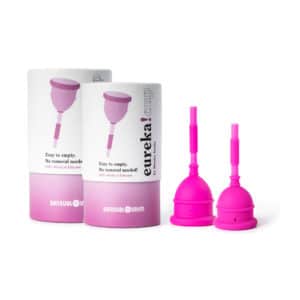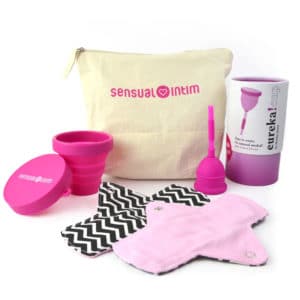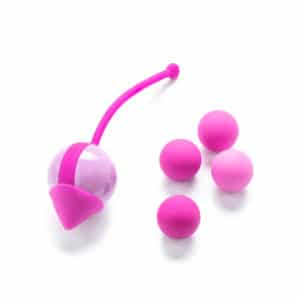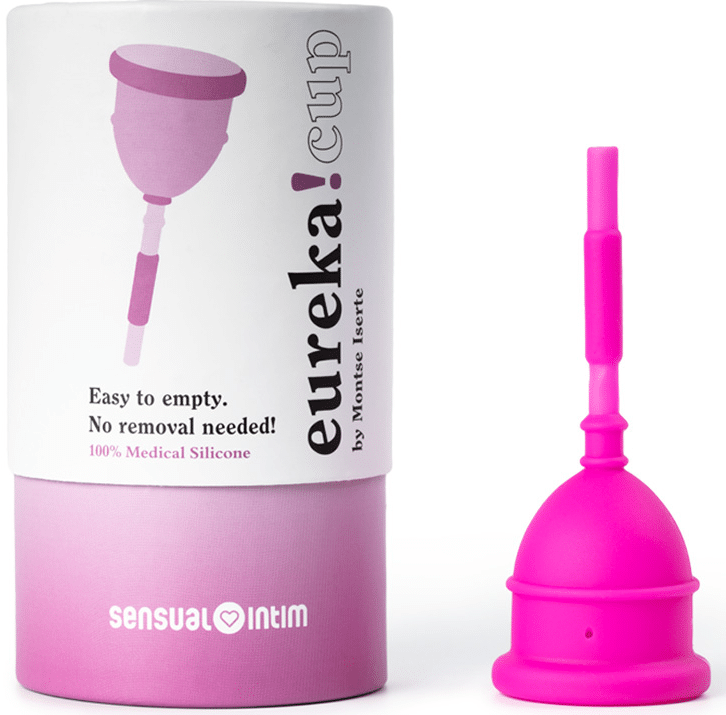
How does ibuprofen influence menstruation?
Tiempo de lectura: 2 minutosAmong the main symptoms of menstruation is inflammation and pain related to menstrual cramps.
How does ibuprofen influence menstruation?
Among the main symptoms of menstruation is inflammation and pain related to menstrual cramps. For this reason, since ancient times, our grandmothers prepared us infusions that relaxed the muscles or gave us bags filled with hot seeds. Everything to try to calm those menstrual cramps.
Now, with the passage of time and advances in medical research, we use drugs like Ibuprofen to regulate menstrual cramps. Ibuprofen is a non-steroidal anti-inflammatory drug that is frequently used as an antipyretic, pain reliever, and anti-inflammatory. Thanks to this, the muscles relax from the contractions of the uterus caused by and for the detachment of the endometrium (related to menstrual flow). The result is a decrease in pain.
| HIGHLIGHTS: Ibuprofen helps reduce not only physical pain, but also the excessive amount of menstrual flow. |
Ibuprofen reduces menstrual flow
According to the latest studies by Lara Briden and published in the Period Repair Manual, Ibuprofen is an alternative to reduce the heavy flow of menstruation. This medicine helps reduce not only physical pain, but also the excessive amount of menstrual flow.
This is because ibuprofen helps in lowering the levels of prostaglandins, that are the hormones that help the body produce uterine contractions in order to detach the endometrium. So both prostaglandins and contractions are significantly reduced with the use of Ibuprofen.
| BONUS: Menstruation myths you need to break up now |
In addition, according to the Cleveland Clinic, ibuprofen can even delay menstruation for a few days if you take doses higher than recommended (including potentially toxic doses). This means more than 800 milligrams of ibuprofen in less than six hours or more than 500 milligrams of naproxen in less than three times a day.
Although these drugs in high doses have been linked to kidney difficulties and blood pressure, experts say that in the recommended doses, with proper healthy diet and daily physical activity, people who suffer from excess menstrual flow can enjoy their benefits. However, we recommend that before taking this medicine on a regular basis you visit your gynecologist or family doctor to discard other physical conditions.
| BONUS: Can I pee if I have a menstrual cup on? |
Written by: Sexologist MJ Castañeda Aguirre
Translated by: Thaïs Pascual
This site uses cookies to provide you with a great user experience. Find out more here cookies Keep browsing or accept cookies.
Cookie settings
Below you can choose which kind of cookies you allow on this website. Click on the "Save cookie settings" button to apply your choice.
FunctionalOur website uses functional cookies. These cookies are necessary to let our website work.
AnalyticalOur website uses analytical cookies to make it possible to analyze our website and optimize for the purpose of a.o. the usability.
Social mediaOur website places social media cookies to show you 3rd party content like YouTube and FaceBook. These cookies may track your personal data.
AdvertisingOur website places advertising cookies to show you 3rd party advertisements based on your interests. These cookies may track your personal data.
OtherOur website places 3rd party cookies from other 3rd party services which aren't Analytical, Social media or Advertising.

This content is blocked. Accept cookies within the '%CC%' category to view this content.





